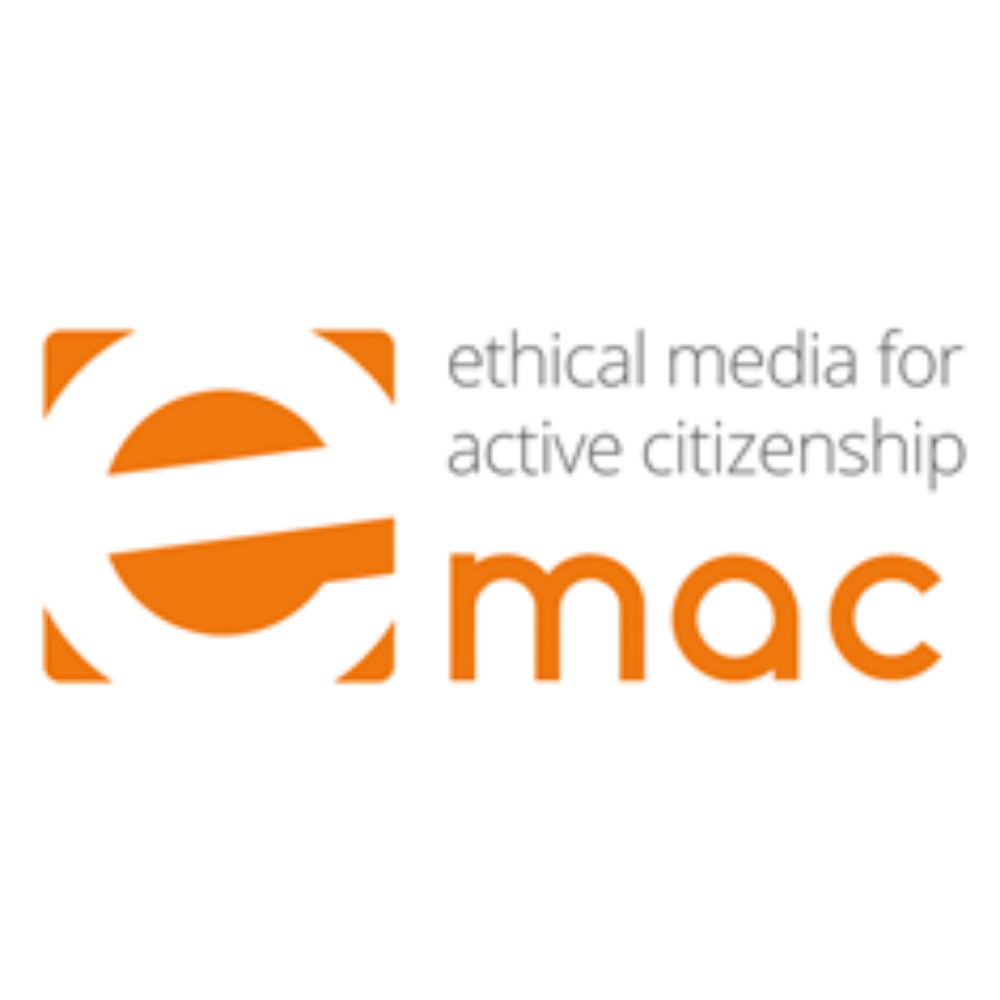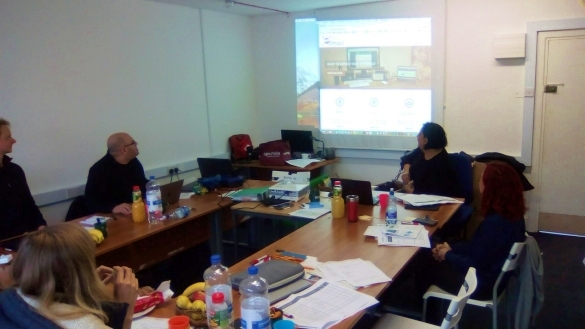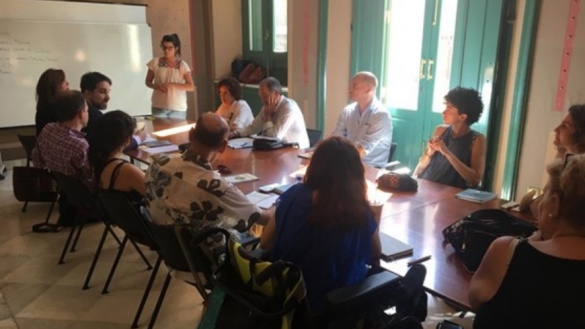Ethical Media for Active Citizenship

The proliferation of mass media and new technologies has brought about huge changes in how media is created, consumed and disseminated and making the development of media literacy skills amongst everyone more important than ever.
Community Media producers, trainers and international networks in Austria (Commit), Belgium (AMARC Europe), Germany (Radio Corax and Radio Wueste Welle), Ireland (Near FM), and Spain (EMA-RTV) designed and compiled training activities to train journalists at different stages of qualification and experience to report more fairly on minorities.
The activities can also help in the integration of people from different minorities in their reporting as well as their institutions.
The training activities provide detailed information on how to prepare and deliver workshops and activities with specific outcomes. For example on how to sensitise the participants towards (structural) discrimination.
The activities are grouped in four categories:
- Words Matter focuses on language and terminology to facilitate understanding of inclusive and constructive reporting.
- Alternative Perspectives explores how diversity in the media can be promoted by instead of talking about minorities, offering them a voice.
- Recognising Privilege considers how privilege and discrimination can affect everyone in society to a certain point and how to recognise it and the potential impact it can have on reporting.
- Back to Basics look at important journalistic skills, from active listening to strategies towards accuracy and verification of data and information.
Resources such as terminology sheets / glossaries were developed with updated advice on the most appropriate descriptions and terms to use in relation to people from minorities, and there are also a series of training recommendations.

EMAC partnership meeting in Dublin, Ireland

EMAC pilot training in Seville, Spain

Presenting the EMAC project to adult educators during the EPALE meeting in Vienna in June 2019 by the Austrian and German partners
All materials are provided in English, Spanish and German. The project was co-financed by Erasmus + funding.




